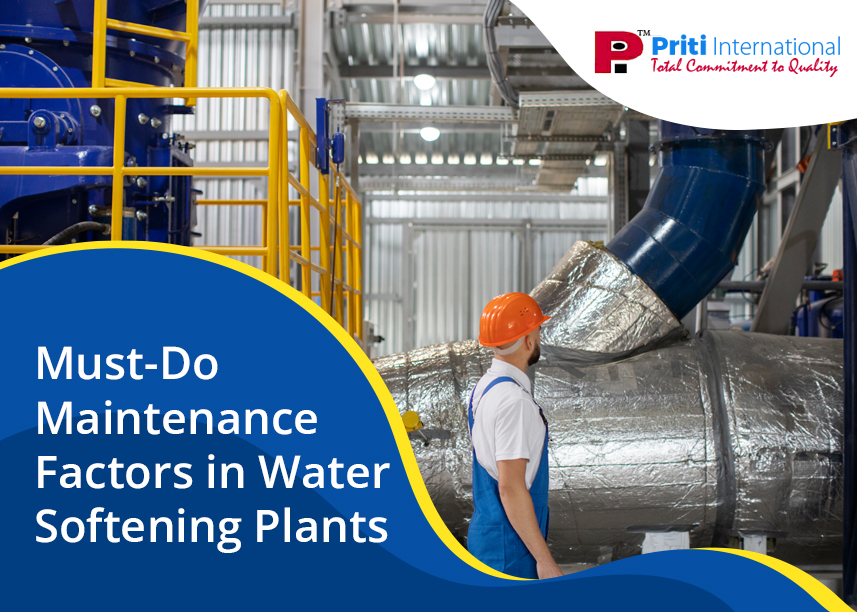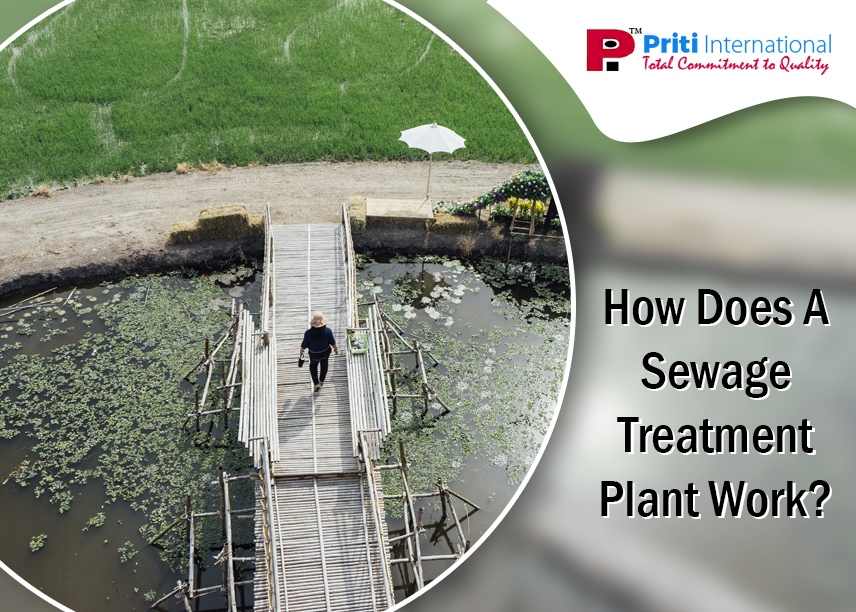The need for hygienic and safe drinking water has increased throughout India, especially in urban areas such as Kolkata. As awareness about health increases and people become more inclined towards the use of bottled water, opening a Packaged Drinking water plant in Kolkata, is a profitable venture. Yet, realizing the investment environment—fixed expenses, ongoing costs, legal conditions, and the worth of consultant services—is key to success. Priti International is a leader in this domain of consultancy, and with their team of experts and strong customer support, they already have countless satisfied clients all across the country in this field.
Market Opportunity in Kolkata
Kolkata, being a metropolis with a large population and developing commercial sector, offers the best market opportunity for packaged drinking water. Kolkata witnesses’ high consumption in households, corporate establishments, restaurants, hospitals, and institutions. Seasonal rise in demand also provides opportunities for investing in a packaged drinking water plant to be a viable long-term enterprise.
Major Cost Elements
1. Land and Infrastructure
The initial major cost is to buy or lease land. Based on the location (urban or suburban), the cost of the land may differ substantially. A minimum of 1,000 to 2,000 square feet will be necessary for a small to medium-sized plant.
Infrastructure development involves an expenditure between 10 lakhs to 25 lakhs based on the size of operations.
2. Equipment and Machinery
- Major equipment involved:Â
- RO (Reverse Osmosis) planÂ
- UV sterilization unitÂ
- Ozone disinfectionÂ
- Bottle filling and capping machineÂ
- Labeling machineÂ
- Water testing lab setupÂ
For a medium to small water plant, the expenses in this case will be anywhere between 8 lakhs to 20 lakhs.
- Licensing and Compliance:Â
The companies must have the following permits mainly to operate on a secure legal footing-
- BIS (Bureau of Indian Standards) certificationÂ
- FSSAI licenseÂ
- Pollution Control Board clearanceÂ
- Local municipal health licenseÂ
Licensing will cost anywhere from â‚ą50,000 to â‚ą2 lakh, including documentation and inspection fees.
- Operational ExpensesÂ
Recurring expenses are electricity, manpower, maintenance, packaging material, and distribution. Monthly operating costs can vary between 1.5 lakh and 3 lakhs, depending on production and personnel strength.
The Role of Consultants
Appointing a professional consultant can go a long way for any packaged drinking water plant manufacturer in Kolkata in streamlining the setup process. Consultants offer end-to-end assistance, including:
- Feasibility studies and ROI projectionsÂ
- Site selection and plant layout planningÂ
- Help in obtaining licenses and permitsÂ
- Vendor coordination for equipment purchaseÂ
- Training and SOP creation for plant operationsÂ
Though Packaged Drinking Water Plant Consultants in Kolkata may charge from 50,000 to 2 lakhs, the investment is usually worth it as it brings quicker approvals, less error, and smoother implementation—saving time and money in the long term.Â
Establishing a packaged drinking water plant in Kolkata requires a tactical mix of business planning, adherence to rules and regulations, and technical expertise. With an investment of between 20 lakhs to 40 lakhs for a small-to-medium size plant, the business has huge potential for yield in a market with growing demands. Choose Priti international for your consultancy needs in this regard. They are industry leaders and when it comes to providing unmatched services, their team of experts ensure you get exactly what you are looking for when you choose them for the requirements of your brand. Outsourcing the expertise of a consultant like Priti International, would go a long way towards bringing efficiency in operation and securing sustained business success.Â




